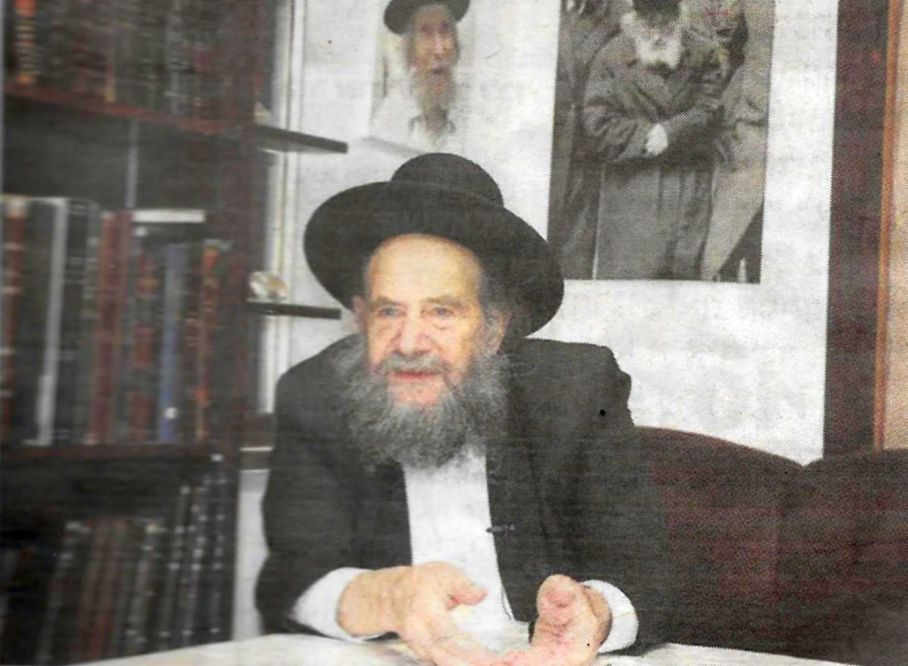
HaRav Shimshon Rafael Hirsch asked why Shavuos is different from Pesach and Succos which include a chol hamoed and have a specified date in the Torah, whereas Shavuos is only one day and does not have a specific date mentioned in the Torah. Another question is why Shavuos does not have any practical mitzvos like matzo and chometz on Pesach and succa and arba minim on Succos.
It seems as if it should be the opposite since the festivals commemorate the exodus from Egypt, whose purpose and goal was the giving of the Torah, and one should think that this festival of Shavuos should be at least like the other two.
HaRav Hirsch explained that the mitzvos of the two are not advantages but restraints, as it were, while Shavuos, which celebrates the giving of the Torah, does not have any pragmatic limitations.
HaRav Chizkiyahu elaborates on this idea, noting that every occupation requires special tools without which one can work. This applies to the material world, but in spirituality, the mitzvos also come with tools.
Thus, the tools accompanying Pesach are the matzo and the prohibition of chometz, and those of Succos are the succa and the arba haminim. The Torah, however, does not require any implements to acquire it.
In the material world, everything requires time to achieve a result. This applies to the two festivals where Pesach requires a week to achieve the sought-for goal, as with Succos. In the material world, there is a time limitation before its benefit expires so that there is no reason to abstain from chometz after Pesach or to perform the mitzvos of Succos after the designated time. Torah of Shavuos has no limitations of tools or of time. The crown of Torah is accessible to all to come and earn it.
However, Shavuos does have one limitation: the counting of the Omer. One cannot come and acquire Torah without due preparation and submission. Torah must be gained without desires, self- gratification and negative personal traits. The advantage of Sefiras HaOmer is a preparation of purification and sanctification before receiving the Torah.
We surely wish to assume the yoke of Torah but Torah is built up with good middos. The gemara in Yoma says: "...that you succeed in making the Name of Heaven beloved; that you study it; review it; that you attend Torah scholars; that you deal scrupulously in transactions; that you speak respectfully and congenially with others to the point that others say: fortunate is the father who taught him Torah and woe unto those who did not study Torah. See how pleasant are his ways, how proper his deeds. Of such a person is it written: 'And he said to him; You are My servant, Yisroel, in whom I pride Myself.' "
The very 'object,' even literally speaking, of Torah study is that the Name of Heaven be glorified through a person's upright character and not, cholila, that Heaven and the Torah be desecrated through him. How extensively did the Rosh Yeshiva invest in this... he spoke about it without end. This constitutes the emergence from the profaneness of Egypt, and rising up and shaking off evil traits and comporting ourselves through our good traits.
Maran HaRav Shteinman zt"l used to stress that preparation for Matan Torah also includes an exit from the tumah of Mitzrayim. This refers to bad middos. Only by acquiring good middos do we come properly prepared for Matan Torah.




